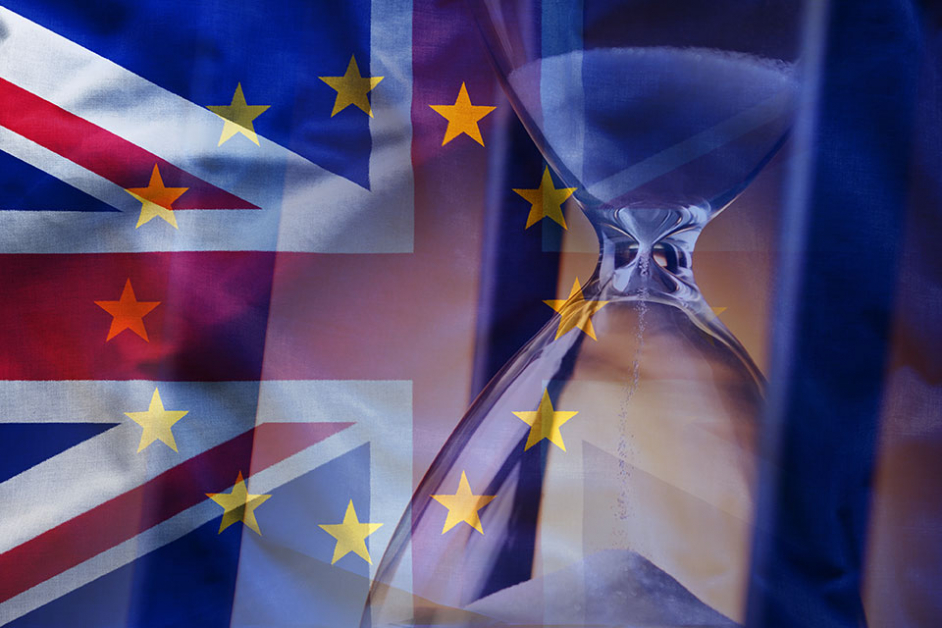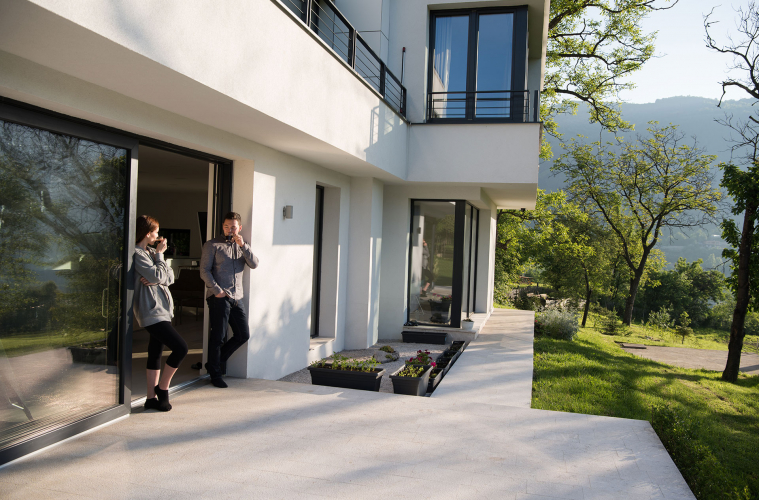As Britain bounces back from the quarantine lockdown, there is clearly a collective interest in fulfilling delayed plans and making the most of our available opportunities. As international payment experts, we’ve helped thousands of people fulfil their property ambitions and hope to share some of our expertise.
| Send money abroad with WorldFirst’s award-winning service. Up to 80% lower than High Street banks. | |
|---|---|
| Find out more |
What do the numbers say?
According to a recent study, there are now more than half a million Brits who own a property in Europe. An abundance of culture, long warm summers and quick flight times are just some of the factors that make Europe so appealing, even more so when you start to research how much you can get for your money. On the 29th June Rightmove recorded a million searches on their website for properties abroad which is a promising sign of improving sentiment in the international real estate market.
Cities in Spain, France, Italy and Portugal can boast 350+ hours of sunshine in each of the summer months, whilst the UK clings onto 200 hours. Flights leaving Gatwick will land you in Nice in two hours, whilst Milan is only one hour and forty-five minutes away.
Despite the long run of cheap borrowing rates overlooked by the ECB, the general supply and demand curve for properties in popular countries and cities remains low enough to keep prices under control. Of course, there are always some exceptions, and if you’ve watched BBC’s The Night Manager, you probably found yourself in awe of the Malaga fort which housed Hugh Lawrie’s character -that property was purchased in 2011 by Lord Upton for a rumoured 35,000,000 GBP.
Know about notaries?
The role of a notary can seem somewhat alien to those who’ve bought or sold property in the UK. There is a wealth of information available online on their processes, so I won’t get into too much detail, but one of their strengths is that they can play both sides of the process. They will also take responsibility for the entire project, consolidating all the administration into one place.
Currency risk and affordability
This is one of the trickiest parts of the process. The cost of a European property in Pound Sterling changes twice a second, making it almost impossible to act with any real certainty. Again, this is a relatively alien process for most first-time buyers in Europe – imagine trying to buy a property in the UK on a strict budget, but the price is moving between 2 and 5% every single week.
Currency volatility will never go away. The market will always have a reason to move, whether it’s an immediate threat, or a future concern over politics, or economic performance. At a glance, Pound Sterling is facing continued Brexit uncertainty, the threat of negative interest rates from the Bank of England, and the worry of lasting damage to various industries. Each week there are data releases from an economic calendar that will drive short-term price movements, whilst also building a longer-term picture of economic health.
The table below illustrates the difference in GBPEUR rates over a six-month period, and how it impacts the cost of an example €475,000 property, resulting in a price change of nearly £50,000.
| GBPEUR | % Change | Property in Euros | Cost in Pound Sterling |
| 1.07 | – | 475,000 | £443,925 |
| 1.1235 | 5% | 475,000 | £422,785 |
| 1.1572 | 3% | 475,000 | £410,473 |
| 1.1803 | 2% | 475,000 | £402,440 |
| 1.2039 | 2% | 475,000 | £394,551 |
| Saving or cost increase: £49,374 |
Source: Bloomberg.com. You can also click here for the latest live exchange rates and foreign exchange currency graphs.
How will Brexit impact overseas property owners and buyers?
As it stands, members of the European Union (EU) can purchase a property within the EU and live there for as long as they wish. Following the post-Brexit transition period, there is likely to be a change in regulation for potential buyers as the housing market will undergo significant changes. Potential changes include an increase in stamp duty, limited availability of mortgages, and increased property taxes for owners and potential buyers outside of the EU. Whilst there has been much uncertainty around buying a home abroad since the EU referendum, the transition period does at least mean that UK citizens will be able to retain the rights of their EU citizenship during this period despite no longer being a member of the European Union. This means you will be still be able to apply for residency in any EU country – as long as you apply before the end of the transition period.
Post-Bexit, living and working in an EU country depends on the rules in that country. Click here for official information for UK nationals wishing to live and work in the EU.
Strategy
Once you’ve made a commitment to buying a property in Europe, you need to consider what your currency strategy will look like. This is very much dependant on your risk appetite, but more importantly your budget. If GBP was to devalue against the Euro by “X” %, can you still afford to go ahead? If the answer is no, then there are two considerations you could look at:
Buy and hold. If you’re buying in cash and haven’t yet been able to set up a local currency account in your country of choice, then WorldFirst can convert your Sterling and hold a balance of Euros in your segregated client account. This reduces your currency risk and allows you to budget from an existing pot of Euros, rather than having to re-calculate every few days.
Forward buying. If you’re buying with cash that is currently unavailable, then a forward contract could be a good option to bridge the time-gap. Originally designed to help businesses purchase currency ahead of time without using up cash flow, they have become more common within the international property space. A forward contract allows you to purchase a specific amount of Euros for a flexible date in the future, allowing you to budget accordingly. The great thing about a forward contract is that you know now exactly how much you’ll get when you’re ready to transfer. It helps you plan ahead and can potentially protect you should rates move against you later down the line. It should be considered, however, that a forward contract could also work against you if rates move in your favour after you have secured a rate.
A typical forward contract with WorldFirst requires a 10% deposit.
Here is an example:
Mr and Mrs James are buying a farm in France. The listed price is €600,000. They hope to complete in March 2021 and have £300,000 available in the UK from another property sale. The remaining funds will be available in 6 weeks following the sale of an investment portfolio. In order to ensure the currency costs of the farm are protected, they have forward bought the full €600,000 at today’s rate of 1.1135 but for delivery on the 1st September. They will put down 10% of the GBP notional amount as a deposit and pay the 90% balance on the settlement date.
We may ask you to top-up your initial deposit if the exchange rate moves significantly after you’ve guaranteed your rate. This is called a margin call. Click here to find out more about Margin calls, when it applies and why.
The same strategy can be applied to a property sale. If you agree to sell at “x” price in Euros, how much will that be worth in Sterling when the sale goes through? There is no right or wrong way to approach this process, as everyone will have unique circumstances with respect to budgets, funding and risk appetite.
Next steps
If you’re buying or selling a property, and you’d like to arrange a conversation with one of our account managers to discuss your currency strategy and the option of forward contracts get in touch today. Alternatively, you can open an account with WorldFirst by registering here for free.
| Speak with our friendly staff to see how you can save on the international funds transfer costs associated with your property purchase or sale | |
|---|---|
| Contact us via phone, email, or live chat |
Interested in more information about buying or selling properly abroad? Read our series of popular how-to guides.
- How To Buy A House In Spain And The Pitfalls To Avoid
- How to sell a property in Spain
- Buying a House in France: Everything You Need to Know
- How to sell a property in France
- How to Buy a House in Canada: Everything You Need to Know
- House buyer’s guide to Australia
- Buying a property in Australia


